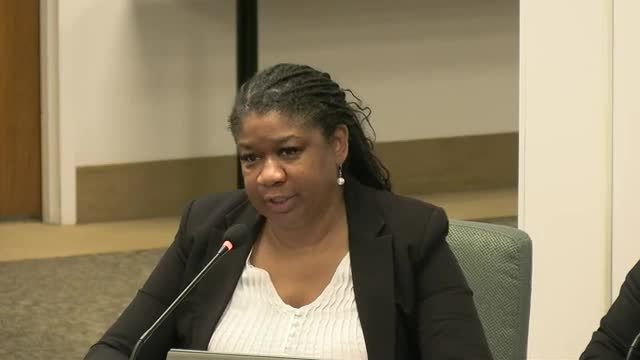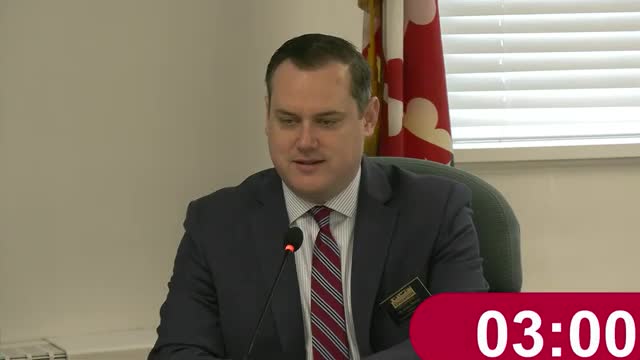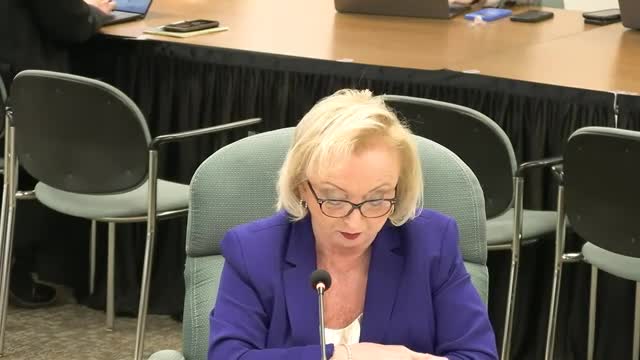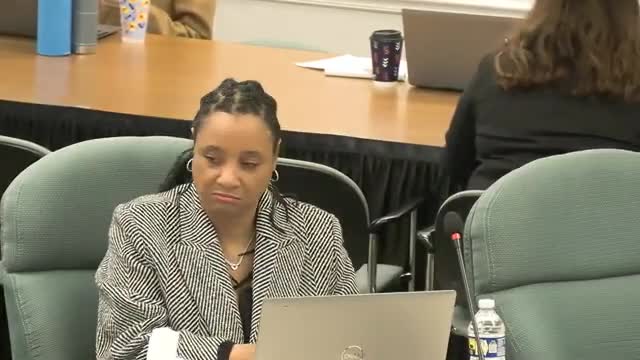Article not found
This article is no longer available. But don't worry—we've gathered other articles that discuss the same topic.

State Board holds public hearing on proposed math policy; public commenters split on grouping and acceleration

Maryland reports most federal COVID relief spent and shares teacher workforce data; Maryland LEADS continues to support recruitment and retention

Board approves GED/HSE regulation updates; grants permission to publish administrator licensure rewrite

Maryland reports rebound in Infants and Toddlers enrollments; state stresses early intervention benefits and outreach

Child-care provider warns Maryland board that EXCELS policy will cost pre-K seats; state releases FY26 pre-K expansion grant

State superintendent urges 'Academic Excellence' coaches and leader academy to sustain literacy gains

